SAN FRANCISCO -- As Waymo and Uber continue to battle over trade secret theft allegations in court, a former Uber employee's personal note-taking habits have become a point of interest in the case.
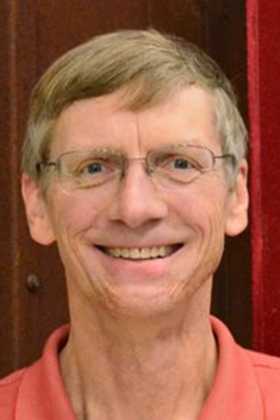
John Bares, a former professor at Carnegie Mellon University, was head of Uber's Advanced Technology Center while the ride-hailing company was courting Anthony Levandowski, a former Google engineer alleged to have stolen information from the company who eventually took over Bares' position at Uber. To bolster its case against Uber, Waymo -- the self-driving company spun out from Google -- is using Bares' personal notes to paint a picture of an intensely competitive and reckless company.
Waymo is suing Uber for allegedly stealing eight trade secrets related to hardware and software for autonomous vehicles, including lidar sensor designs. The trial to determine whether the information at issue can be considered trade secrets, and whether Uber used them in their own vehicles, began Monday .
In a recorded deposition played in court Tuesday, Bares said he took notes during meetings and phone calls at Uber. He would record what was said in Microsoft Excel as it happened, or handwrite it on paper and enter it into his computer later. However, much of Bares' notes are fragments or single words, leaving it up to lawyers and witnesses to piece together what exactly happened.
"TK what we want," "source," "all of their data," "tagging," "road map," "pound of flesh," and "IP," were listed in Bares' notes from a meeting with former Uber CEO Travis Kalanick on Dec. 22, 2015.
According to Uber visitor logs and Kalanick's own testimony, the executive had been meeting with Levandowski around that time, while he was still employed at Google. In Bares' deposition, he said the references to data and intellectual property were referring to Levandowski's plans to start his own company, that would work with Uber on self-driving technology.
Kalanick said on the witness stand that he was present at the meeting, but could not recall what many of the words referred to, including "pound of flesh."
"It's a term I use from time to time," he said.
In another note, Bares wrote "need a pep talk," "secrecy," "consulting," and "laser fumble."
He told lawyers in his deposition that the pep talk referred to his own progress in developing self-driving cars for Uber. While Google was logging thousands of miles of real-world driving on a daily basis, Uber had yet to log any. The development of scalable lidar, Bares said, had become a problem for the company.
Bares also took notes on a phone call on Feb. 4, 2016 with former Google engineer Brian Salesky, who worked with Levandowski before going off to form his own company, Argo AI. In his notes, Bares writes, "backstabbing," "bombing Google -- he will do it to you," "whispering upstream and not team playing ."
In later emails, he said he had voiced concerns over the deal to acquire Levandowski's startup, Otto, but felt pressure to push to deal through because of the potential benefits of successful in-house lidar development. Bares' notes in December also estimate that working with the Google engineer could save the company $20 million a month.
Finally, in April 2016, four months before news of the Otto acquisition would go public, Bares recorded Kalanick's bellicose approach to getting Uber's self-driving cars on the road.
"The golden time is over. It is war time," "going slower is NOT an option anymore," "Reality that matters is catching up. This is the only reality that matters." "Cheat codes. Find them. Use them."
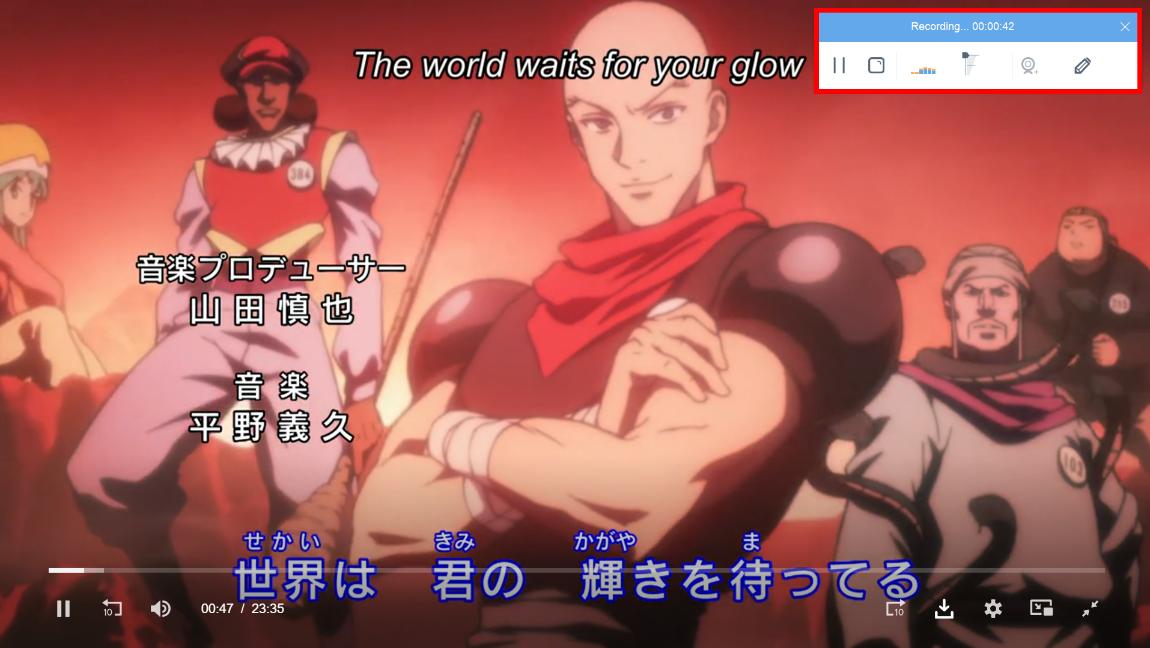

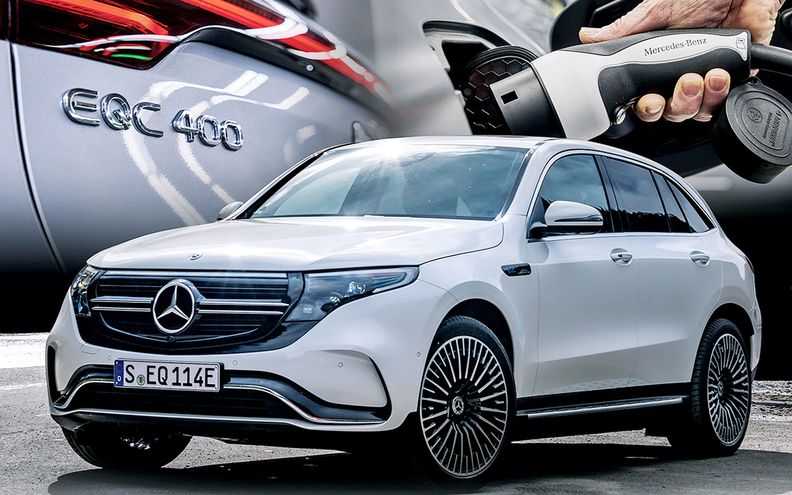
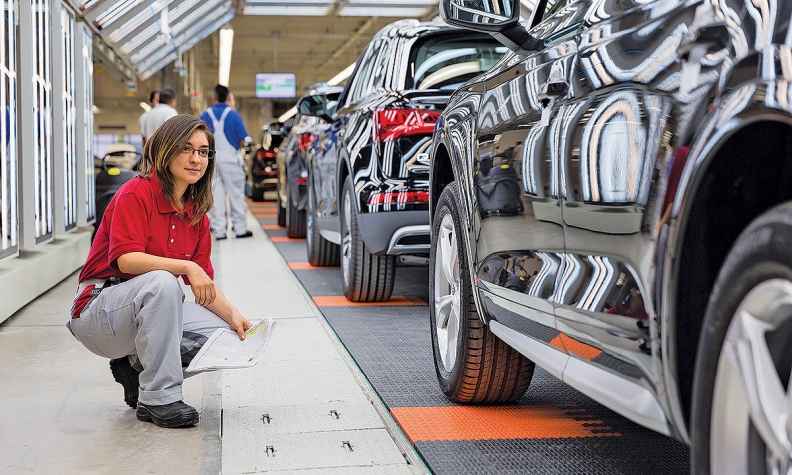

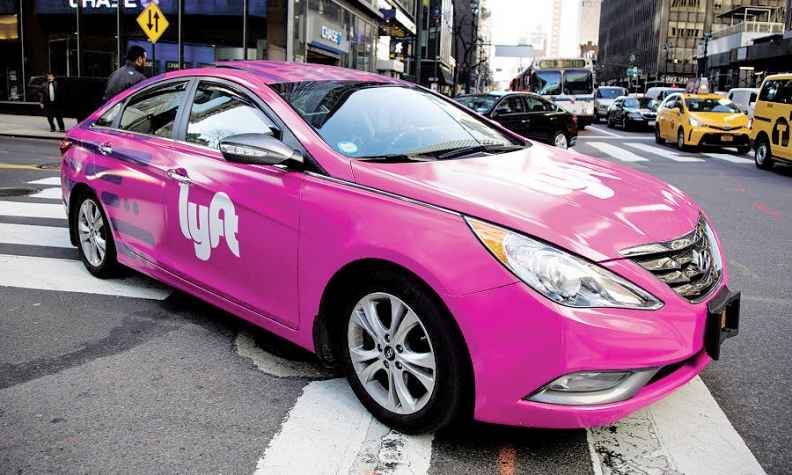
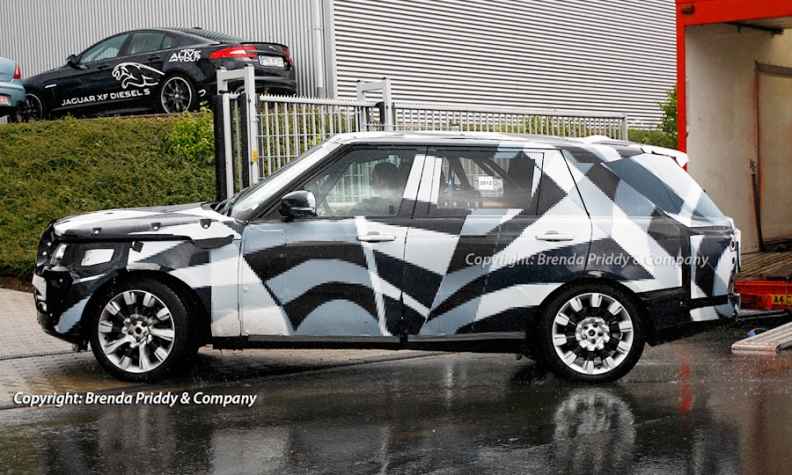
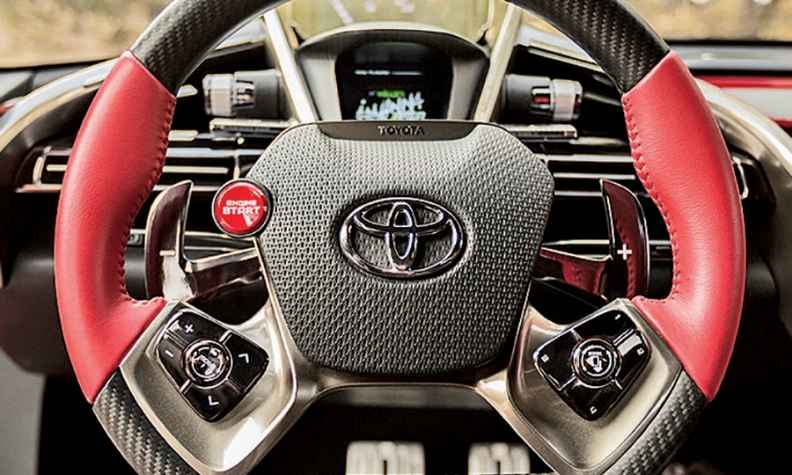
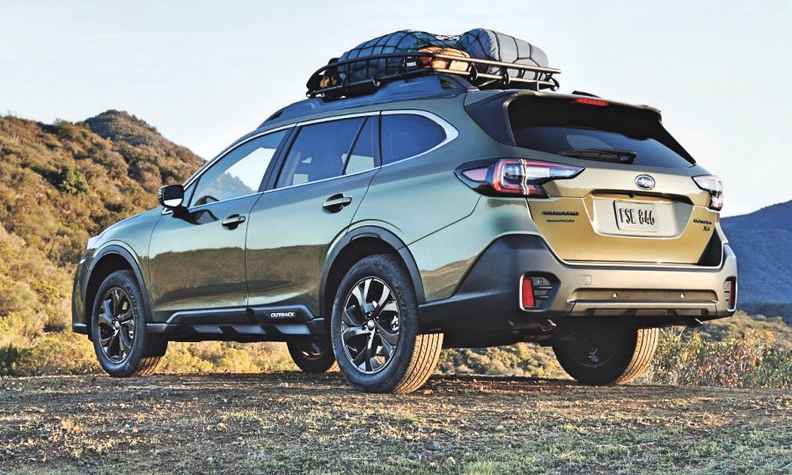
Post your comment